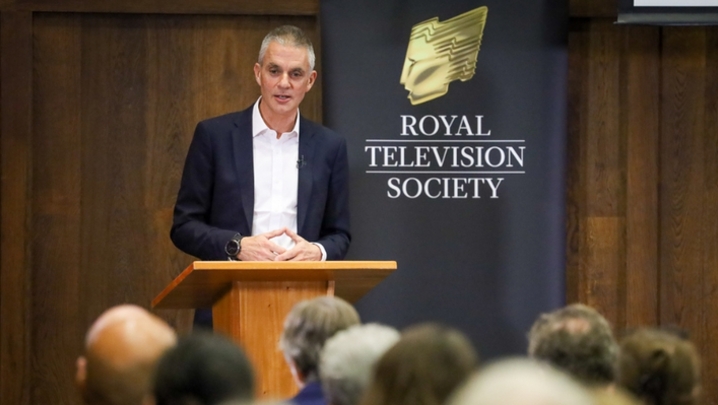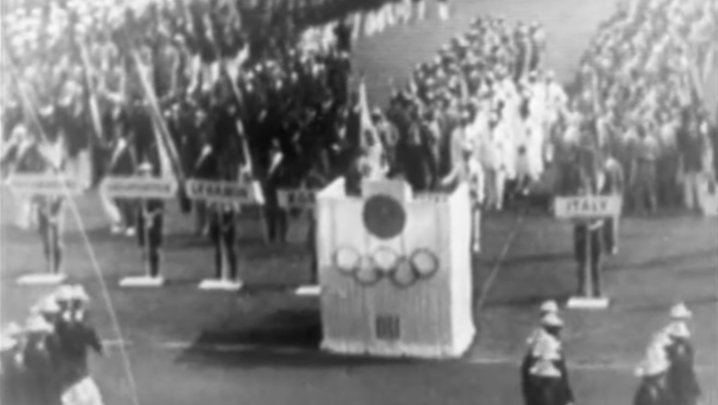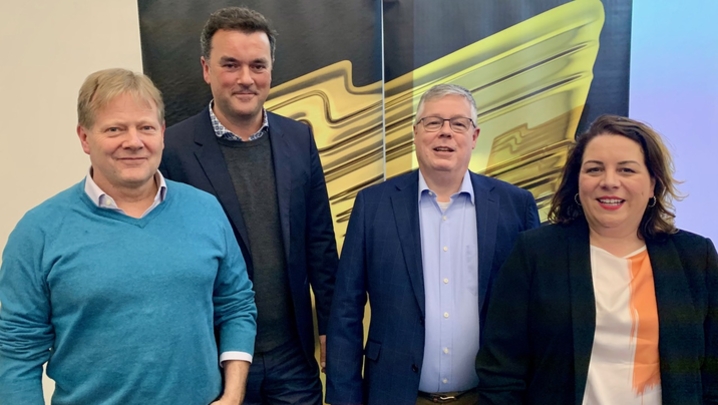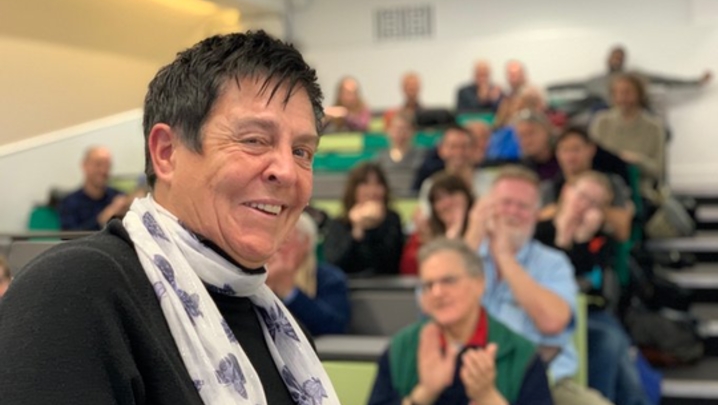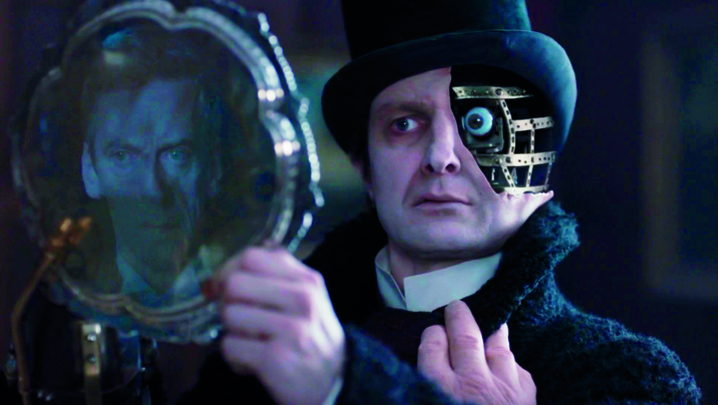“Why on earth would you want to be D-G?” was broadcaster Roger Bolton’s opening salvo as he took the chair of an RTS London panel discussion – “The future of the BBC: Notes for the next D-G” – in February.
In a month that saw No.10 Downing Street train its guns on the BBC, Bolton was pointing out how difficult the job has become. With current Director-General Tony Hall leaving the BBC in the summer to take over as chair of the National Gallery, the search is on for candidates.
There are serious issues to address for an incoming D-G: the Government wants to decriminalise failure to pay the licence fee; the decision by the BBC to make over-75s not on benefits begin paying the licence fee again this year; and the decline in young people accessing BBC services.
Bolton was joined by Alice Enders, director of research at Enders Analysis, David Elstein, former ITV, BBC, Sky and C5 executive and currently chairman of independent media platform Open Democracy, and Patrick Barwise, emeritus professor of management and marketing at the London Business School.
Bolton asked what will happen under a new chairman of the BBC – due to be chosen by the Government in 2022 – with the present chairman, David Clementi, having been told that he won’t be re-appointed.
“The new D-G will be in post for only 12 months before he gets a new chairman, appointed by this Government, which will undoubtedly appoint a chair broadly in sympathy with what the Government finally decides it wants to do [with the BBC]. So what do you do as a new D-G?” asked Bolton.
“You get ahead of the game! You’re bold and you’re brave in the one year that you have,” said Enders.
“And then the new chairman comes in, disagrees entirely with what you want to do – and you’re fired,” replied Bolton.
"Decriminalisation of the licence fee could cost the BBC £200m"
Barwise suggested not all Conservative MP’s are against the BBC: “None of the measures suggested by ‘sources at No.10’ were in the manifesto. There was an immediate backlash from backbench MPs – ‘Vote Tory and lose Radio 2’ is not a good look,” he said. “Make these guys realise they’re playing with fire.
“Our collective task is to get the great British public to realise what is going on and what the consequences might be – and then there might be a massive backlash. They are taking a big political risk.”
Elstein agreed there were different strands of opinion on the BBC within the Conservative party. Some wanted to break it up because of its sheer scale; others felt it was too dominant in news or not entrepreneurial enough. But many wanted changes to the licence fee.
Barwise revealed that new research by the Voice of the Listener & Viewer (VLV) shows the BBC has had a 25% cut in public funding, compared to what it received in 2010 – a £1bn shortfall, “Which the BBC could have spent on investing in services for the young,” he said.
Decriminalisation of the licence fee could cost the BBC £200m – and if the BBC is forced to continue giving all over-75s a free TV licence, that would take a further £500m from its budget. The panellists agreed that the BBC should never have agreed to meet the cost of the over-75 licences.
Barwise said it was time the BBC had a proper review of its funding mechanisms, possibly with a series of citizens’ workshops: “Let’s look at all the options – advertising, the German and Irish systems, subscription, mixed funding. The BBC should be much more confident about bringing its public in to debate the issues.”


